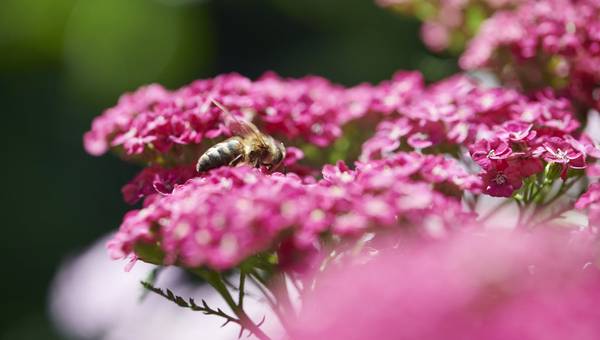

Colours and shapes
The Pine, also known under the alias of fir, can be recognised by its green to grey-blue needles. These are grouped together like a tassel. They are leathery, short and bushy or soft and long. The pine cones are spherical or cylindrical. Sticky resin protects the pine tree against cold or drought. Because the pine is available as both a shrub or on a stem, it fits in the garden as well as on the balcony. If you are very creative, you can prune the plant into different shapes.
Origin
The Pine tree occurs in the wild in large parts of the northern hemisphere, such as Asia, Europe and North America. In the American state of Arizona there is a Pine tree that is as old as 5000 years. In Europe, you often come across the pine tree in the mountains, in heathland and in the dunes. Apart from its beautiful appearance, the Pine also produces pine wood and pine nuts.
Symbolism
In China, Japan and Korea, Pines have a special symbolic meaning. There, it stands for strength, a long life and constant patience. You can find the pine in many gardens, temples and houses in these countries, often pruned into beautiful shapes.






